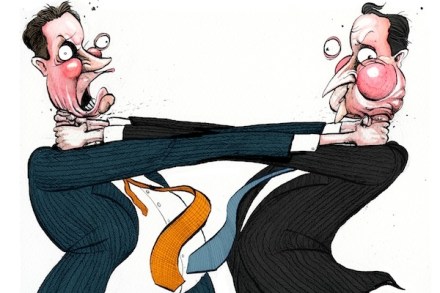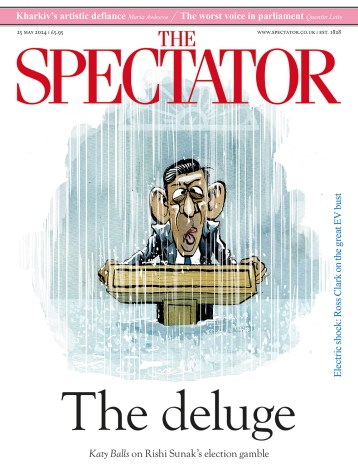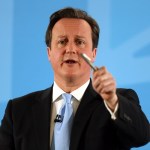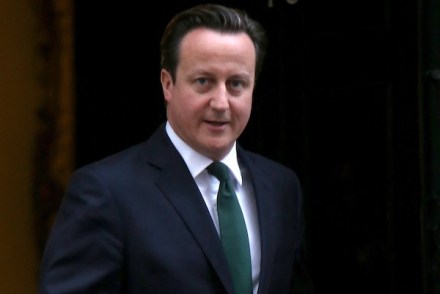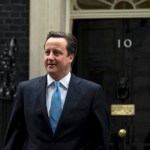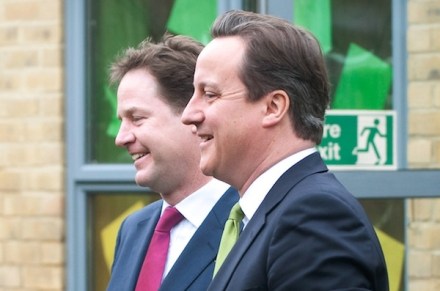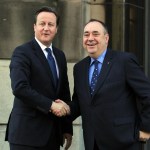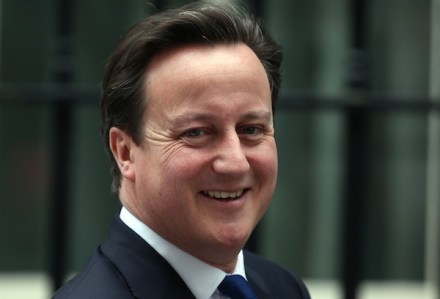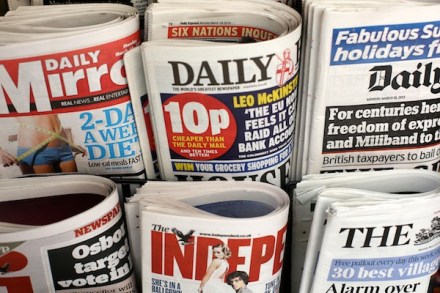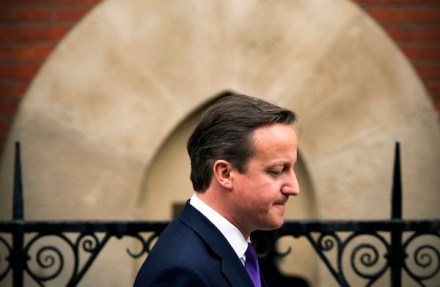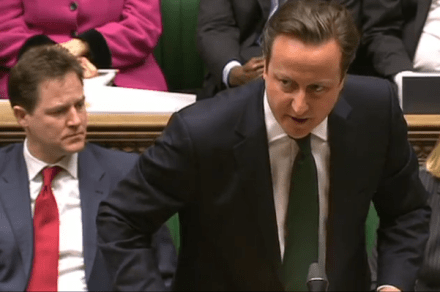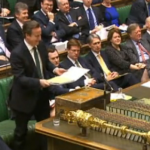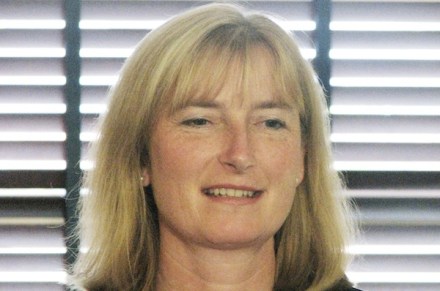Tories who say that Cameron is making ‘no difference’ underline the coalition’s communications failure
You should take note when Benedict Brogan, an influential and widely sourced journalist who has been very close to the Cameron and Osborne operation over the years, writes of the fire-sale of Cameron shares. He says in today’s Telegraph that Cameron’s party view him as a ‘lame duck’ who makes ‘no difference’. This is an extraordinary claim for disaffected Tories to make. True: the economy is mired and the government has tied itself to only one course of action. There have also been disasters at the department of health; and energy policy ought to be giving Number 10 an enormous headache. But Cameron’s coalition is changing the landscape of education and
